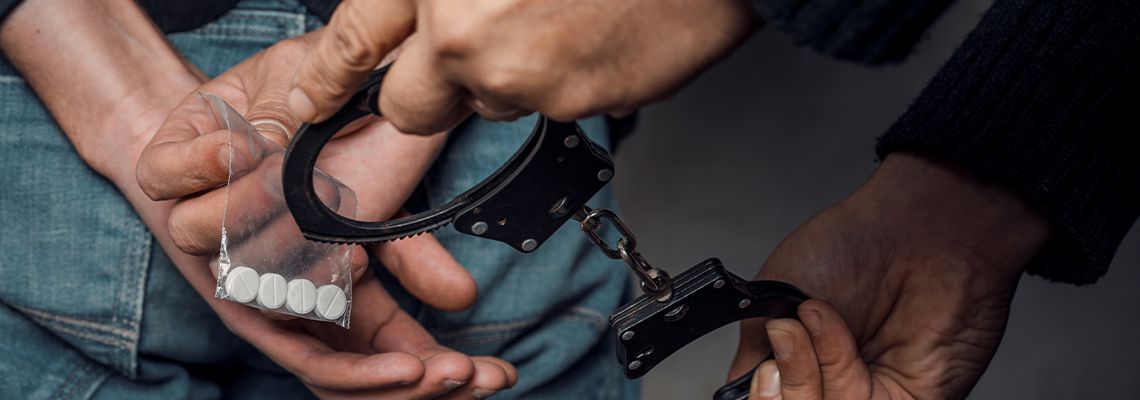When someone is facing drug possession charges in Iowa, the quantity of the drugs involved can significantly influence the severity of the charges and the potential penalties. Drug laws in Iowa are strict, and penalties increase with the amount of the controlled substance in question.
Even the Safest Motorcyclists Are at Risk of These Injuries
Riding a motorcycle is a way of life for many Iowa residents. You may have a social life and a close-knit community that revolves around your love of hitting the road on your motorcycle. Even if you have years of experience riding the roads on two wheels, the chance of an accident always exists because other drivers do not always take as many precautions around motorcyclists as they should.
You may have known other riders who have had accidents, and you may have had many close calls yourself. Unfortunately, those close calls could one day turn into a serious crash that leaves you suffering in ways that you may not have anticipated.
What Injuries Could You Suffer?
Because motorcyclists do not have much protection against larger vehicles, even if you take safety measures and wear a helmet, a collision with another vehicle could quickly lead to severe injuries. Some common injuries that result from these types of accidents include:
Punctured lungs or other organ damage from broken ribs
Spinal cord injuries
Road rash that could present the need for skin grafts or other serious treatment
Brain injuries that could have temporary mild effects to severe permanent outcomes, even if you wear a helmet
Injuries to your extremities, including broken or crushed bones, burns, ligament and tendon damage, and more
Though you may not want to dwell on the dangers of riding a motorcycle because it is an activity that you enjoy, it is wise to remain conscious of the serious hazards that you face any time you hit the road. Always taking the time to ensure that you have taken steps to protect your body as well as possible, that your motorcycle is in proper working condition and that you do not take any unnecessary risks could increase your chances of arriving at your destination safely.
What if You Suffer Injuries?
Unfortunately, even the safest of motorcyclists could find themselves facing injuries due to the reckless or negligent actions of another driver. In the event that you suffer serious harm, the challenges you face could seem overwhelming. If so, you may have reason to take legal action against the driver considered at fault for your injuries and other damages in hopes of obtaining compensation for medical bills, lost wages, pain and suffering, and other hardships resulting from the crash.
RECENT POSTS
Constructive possession is often used in situations involving shared spaces, such as cars, homes, or apartments. It can be a highly contested issue in court, as it relies on circumstantial evidence and interpretation of a person’s proximity, knowledge, and control over the location where the drugs were discovered.




